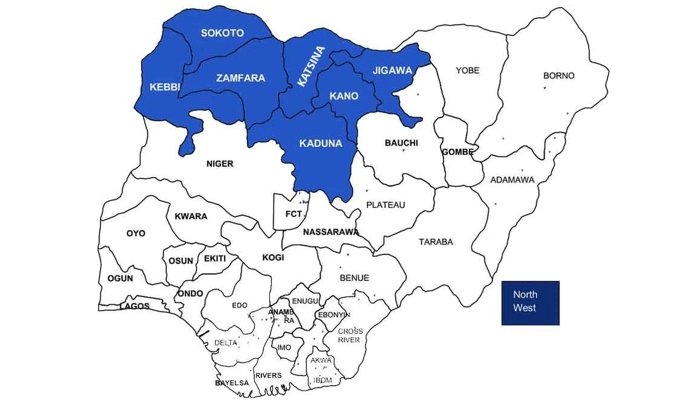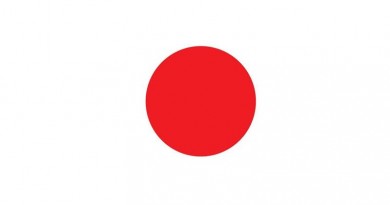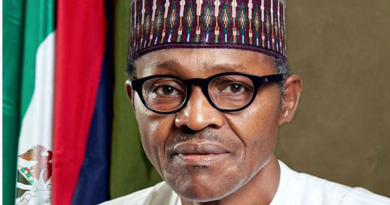10,000 People in Desperate Need of Assistance in Northwest Nigeria
The escalating insecurity in northwest Nigeria has raised concerns for the International Rescue Committee (IRC) regarding its humanitarian impact. The conflict between armed groups in close proximity to the IRC’s operational areas has resulted in the displacement of at least 10,000 people and the loss of 92 lives during March and April in Zamfara and Sokoto states.
Moreover, numerous individuals have been kidnapped in these attacks. Consequently, those affected by the attacks have been forced to seek refuge in open spaces with minimal possessions and lacking basic necessities. A significant portion of the affected population comprises women, leaving them vulnerable to exploitation and abuse.
Urgent humanitarian assistance is imperative to address the fundamental needs of these communities, including water and sanitation, healthcare, and protection services. Babatunde Ojei, the Country Director for the IRC in Nigeria, expressed deep dismay at the brutal attacks on innocent civilians, emphasizing the alarming frequency of violence in northwest Nigeria. The IRC stands in solidarity with the affected families and urges all parties involved to prioritize the protection of civilians and adhere to humanitarian laws.
The crisis in the northcentral and northwest regions of Nigeria is multifaceted, involving long-standing ethnic and religious tensions that often result in attacks and banditry. Criminal groups exploit major highways for kidnappings and thefts. In recent years, this crisis has escalated, leading to widespread displacement across these regions.
Since 2012, the International Rescue Committee (IRC) has been actively involved in Nigeria. The IRC focuses its efforts in Zamfara and Katsina states, while also collaborating with partner organizations in Sokoto, located in the northwest region of Nigeria. Our organization is committed to delivering both urgent life-saving interventions and long-term recovery initiatives. Our diverse range of programs encompasses primary healthcare, nutrition, reproductive health services, educational support for out-of-school youth, women’s empowerment initiatives, water and sanitation projects, as well as economic recovery and development activities.




